
The PDUFA action date for the BLA has been set as November 9, 2025.

The PDUFA action date for the BLA has been set as November 9, 2025.
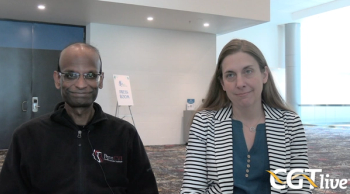
The physician-scientists at CHOP discussed an n-of-1 clinical trial for a CRISPR gene-editing strategy.
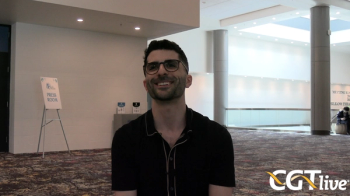
The senior principal scientist at Regeneron discussed an advanced approach to enabling gene therapy redosing.
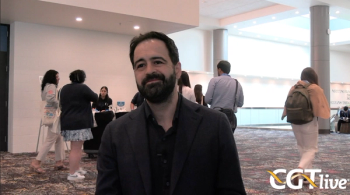
The head of research at Mass General Brigham’s Gene and Cell Therapy Institute discussed how innovative research can be held back by financial considerations.

Catch up on the latest news, breakthroughs, and announcements from biotechnology companies making advancements in cell and gene therapies.
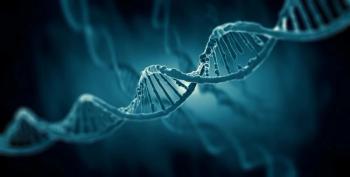
The new data were presented in a poster at the American Society of Gene and Cell Therapy’s 2025 meeting.
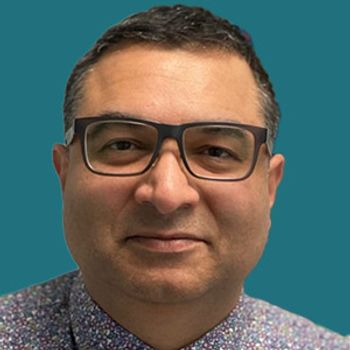
The president of MAGIC Clinic and CEO of Discovery DNA discussed the implications of gene therapy data presented at the 2025 WORLDSymposium.

James Beck, PhD, chief scientific officer of the Parkinson’s Foundation, discussed the foundation’s efforts to integrate whole genome sequencing into PD GENEration and expand access across diverse global populations.
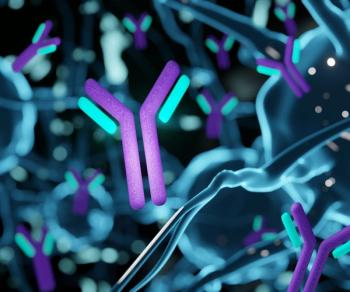
In observance of World Lupus Day, held annually on May 10, we took a look back at recent progress in bringing cell therapy to this autoimmune disease.

Review top news and interview highlights from the week ending May 9, 2025.

In a mid-cycle review meeting, the agency also noted that the review committee found no major deficiencies with the BLA package.
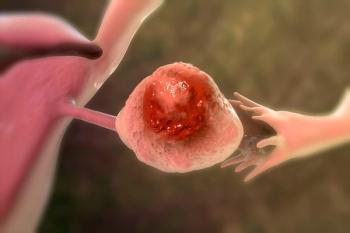
In observance of World Ovarian Cancer Day, held annually on May 8, we took a look back at news in cell therapy for ovarian cancer indications.

Catch up on the latest news, breakthroughs, and announcements from biotechnology companies making advancements in cell and gene therapies.

The company’s CEO announced via LinkedIn that the company is shutting down its operations, citing a “difficult funding environment.”
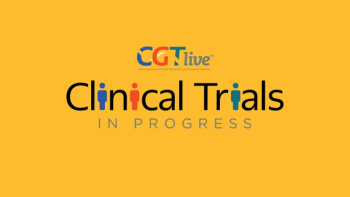
For Healthy Vision Month, observed annually in May by the patient and clinician communities, CGTLive® has decided to take a closer look at this ongoing clinical trial.

Linda Marbán, PhD, the CEO of Capricor Therapeutics, discussed future plans for the product after the promising data presented at MDA’s 2025 conference.

Review top news and interview highlights from the week ending May 2, 2025.
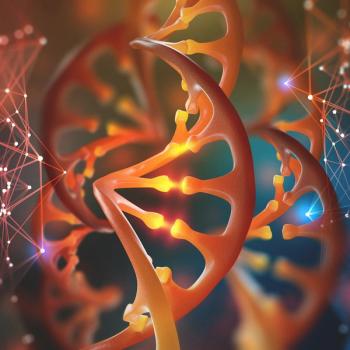
Catch up on any of the key data updates you may have missed last month, with coverage highlights from the CGTLive™ team.

The CEO of Capricor Therapeutics discussed future plans for the product after the promising data presented at MDA’s 2025 conference.
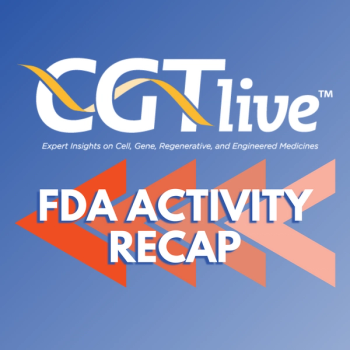
Catch up on any of the key FDA news stories you may have missed last month, with coverage highlights from the CGTLive® team.

Catch up on the latest news, breakthroughs, and announcements from biotechnology companies making advancements in cell and gene therapies.
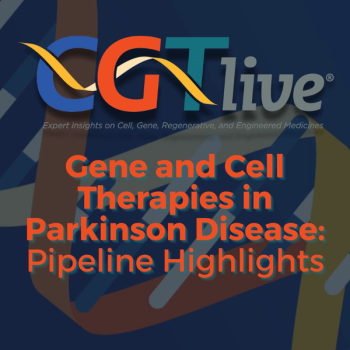
Emerging gene and cell therapies aim to slow Parkinson disease progression. Explore clinical updates on seven promising candidates in development.

The agency's decision was based on data from the phase 3 VIITAL study (NCT04227106).

Linda Marbán, PhD, the CEO of Capricor Therapeutics, discussed clinical data presented at MDA’s 2025 meeting.

Review top news and interview highlights from the week ending April 25, 2025.
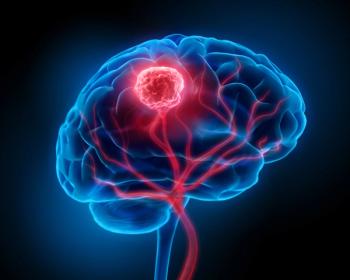
The FDA’s decision was supported by data indicating overall survival benefit for patients with brain tumors from the phase 1 BrainChild-03 clinical trial.

The CEO of Capricor Therapeutics discussed clinical data presented at MDA’s 2025 meeting.

Notably, AMT-130 has previously been granted regenerative medicine advanced therapy, orphan drug, and fast track designations by the agency.

Catch up on the latest news, breakthroughs, and announcements from biotechnology companies making advancements in cell and gene therapies.
